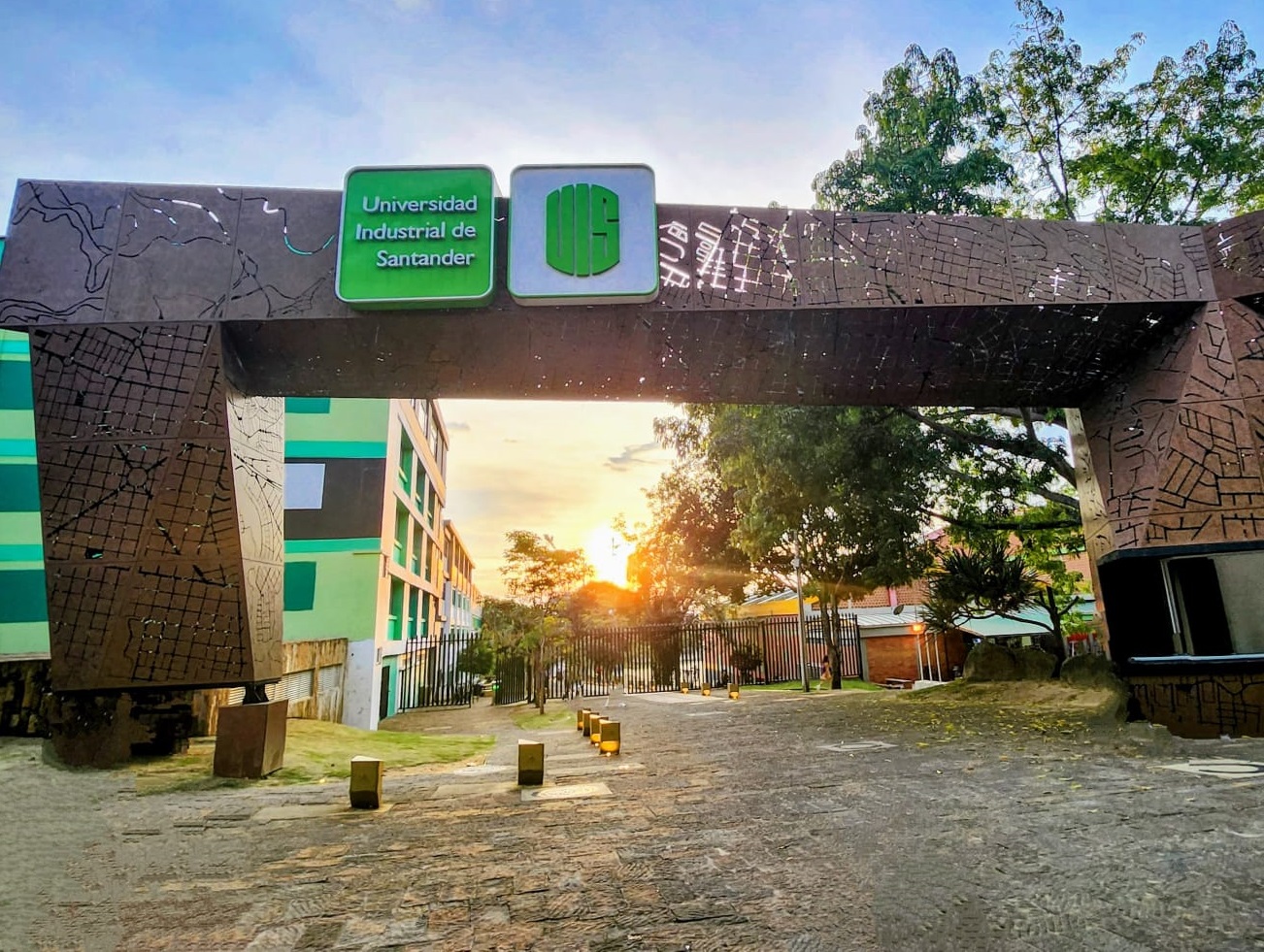Nevada Schools Utilize A.I. for Student Support, Spark Controversy
Deployment of A.I. Tools in Education
As schools continuously seek innovative solutions to improve academic support for students, Nevada’s recent implementation of artificial intelligence has ignited significant debate. The state’s education department turned to advanced algorithms to identify which students could benefit from additional help. The project aimed not only to streamline assessments but also to create data-driven strategies for targeted assistance.
Response from Educators and Parents
However, the use of A.I. in determining student needs has raised eyebrows among educators and parents, prompting reactions that range from skepticism to outright dissent. Critics highlight the risk of oversimplifying complex student challenges, emphasizing the need for nuanced understanding that machine learning may not capture. Parents have voiced concerns regarding privacy, arguing that automated assessments could infringe on the emotional and academic well-being of their children.
Efficiency vs. Accuracy
Proponents of A.I. technology argue that it enables schools to allocate resources more effectively. They claim that these digital tools can assist in identifying students who require intervention much sooner than traditional methods. Nonetheless, questions linger regarding the accuracy of the A.I. assessments and their potential consequences on student assessment outcomes.
The Ethical Dilemma
The situation brings forth a broader ethical dilemma. Should schools prioritize technological advancements even when they may risk misrepresenting student capabilities? As educators grapple with these challenges, they are caught between the promise of technological efficiency and the fundamental necessity of understanding each student’s unique situation.
Looking Ahead in Education Technology
As Nevada navigates this complex landscape, the reactions it elicited represent a crucial dialogue on the future of education technology. The ongoing discourse serves as a reminder that while A.I. tools offer the potential for enhanced educational outcomes, careful consideration and dialogue around their use are critical in shaping fair and effective educational practices.


